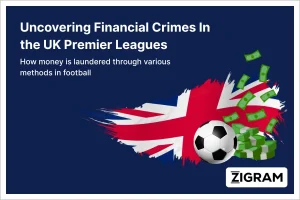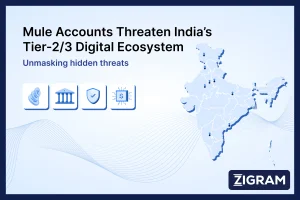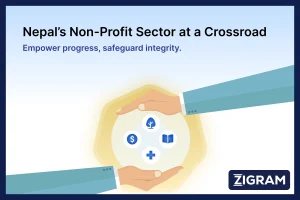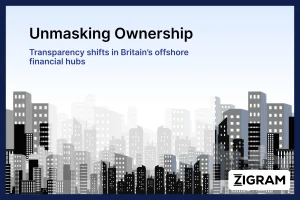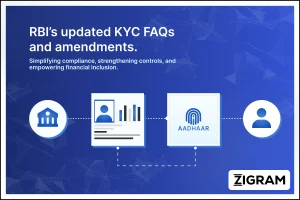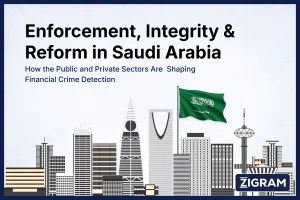The United States on Oct 18th 2023 took significant measures including renewed sanctions on Hamas members and its financial network operating across multiple countries. This action, which comes as part of ongoing efforts to combat terrorism, is aimed at disrupting the financial support and facilitation of Hamas, the Palestinian militant organization.
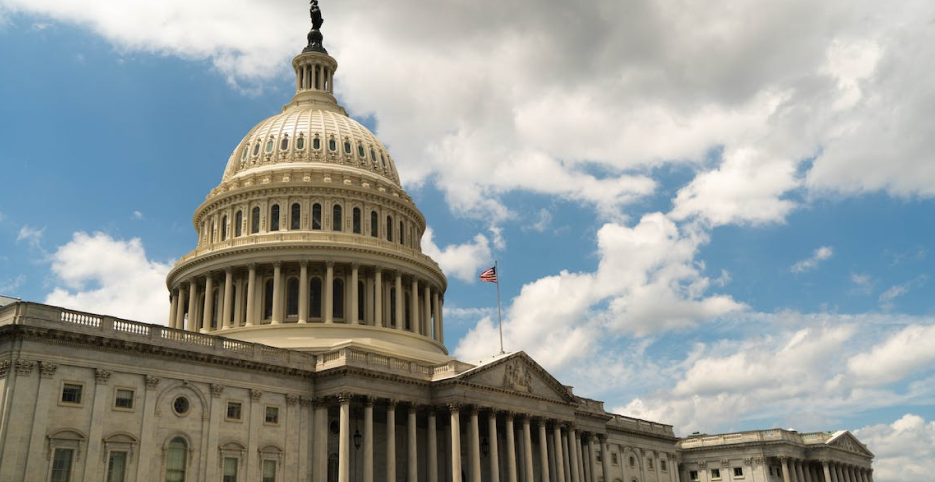
Implications :
The U.S. Treasury Department's Office of Foreign Assets Control announced sanctions against a group of 10 individuals and entities — including a Gaza-based exchange company that trades in Bitcoin, Hamas Investment Portfolio Managers, Qatar-Based Financial Facilitator with close ties to the Iranian regime and a high-ranking Hamas commander.
The sanctions imposed by the U.S. are designed to block access to any funds held within the United States by the individuals and entities involved. Moreover, these sanctions aim to prevent these designated people and organizations from engaging in any financial transactions with American individuals or firms.
On the International stage, the United States has exercised its veto power at the United Nations Security Council, blocking a resolution that aimed to condemn Hamas's attack on Israel and called for a temporary ceasefire to allow humanitarian aid into Gaza.
The UN resolution received support from 12 members of the Security Council, while Russia and the United Kingdom chose to abstain from voting. The U.S. was the only country to veto this resolution.
What Does The U.S. Have To Say About Their Actions?
Regarding the sanctions, U.S. Treasury Secretary, Janet Yellen stated “United States is acting swiftly and decisively” in response to Hamas's recent attack on Israel and emphasized on the Treasury's long history of effectively disrupting terror finance and its unwavering commitment to using all available tools to combat Hamas.
U.S. Secretary of State Antony Blinken made it clear that these sanctions are not directed at Palestinians but, rather, at “Hamas terrorists and their support network”.
UN Resolution Veto Justified But Diplomatic Efforts To Continue :
U.S. Ambassador to the UN, Linda Thomas-Greenfield, explained that the resolution was unacceptable due to its failure to mention Israel's right to self-defense. She expressed deep concern about the loss of life but emphasized that the actions of Hamas had contributed to the current humanitarian crisis. Furthermore, she called for allowing diplomatic efforts led by President Joe Biden to continue.
The US also emphasized that the draft resolution, meticulously crafted by Brazilian diplomats, aimed to condemn acts of violence against civilians, without singling out either party by name. It carefully avoided the term "ceasefire" and instead referred to a "humanitarian pause" to secure U.S. support.
International Response To The Events :
In the backdrop of these sanctions, the leader of Hamas's military wing, Mohammed Deif, issued a statement. He declared that the attack on Israel was in response to a 16-year blockade of Gaza, Israeli incursions into West Bank cities, settler attacks on Palestinians, and the expansion of settlements. He called on Palestinians from various regions to join the fight, emphasizing that "enough is enough."
Also, the veto came against another incident of a recent explosion at a Gaza hospital, which resulted in numerous casualties and widespread outrage. Palestinian officials blamed Israel for the incident, attributing it to an Israeli airstrike. Israel, however, contended that the explosion resulted from a failed rocket launch by the Palestinian Islamic Jihad (PIJ) militant group. The PIJ vehemently denied responsibility, and the situation remains shrouded in uncertainty.
While Israel thanked the U.S. for the veto, China and Russia described the act as unbelievable and pointed out the US double standards on this and the Ukraine-Russia war.
Japan and France, both members of the G7, broke ranks with the U.S. by supporting the resolution. This divergence in the stance of G7 nations underscores the nuances in their foreign policy approaches.
A mini-summit involving Joe Biden, Arab states, and Palestinian Authority leader Mahmoud Abbas, scheduled for Amman, has been cancelled. Jordan's foreign minister, Ayman Safadi, stated that the summit would only proceed when a decision to halt the war and end the massacres is made.
The situation is at a critical juncture, and UN Middle East peace envoy Tor Wennesland expressed the gravity of the situation by stating that the world is "at the brink of a deep and dangerous abyss that could change the trajectory of the Israeli-Palestinian conflict”.
What Next?
Treasury Deputy Secretary Wally Adeyemo announced that Treasury officials will travel to the region to combat Hamas financing, and Brian Nelson, U.S. Treasury's undersecretary for terrorism and illicit finance, reiterated the U.S.'s commitment to pursue Hamas funding streams. They called on American allies and the private sector to join in these efforts. The message is clear: funding for Hamas's terrorist activities through the international system will not be tolerated. Partnerships with willing countries and financial entities are sought to halt this funding. However, institutions or jurisdictions failing to take appropriate action should be prepared to face consequences.
President Joe Biden, during his visit to the Middle East in support of Israel, made efforts to de-escalate tensions in the Israel-Hamas conflict. These efforts have faced significant challenges, including a tragic explosion at a Gaza hospital, resulting in substantial loss of life. Responsibility for this incident is disputed, with Gaza officials blaming an Israeli airstrike, and Israel providing evidence suggesting a missile misfire by Islamic Jihad, another militant group in Gaza.
Conclusion :
The Middle East situation remains intricate as diplomatic efforts persist amidst the ongoing Israeli-Palestinian conflict. The U.S. has expressed its determination to combat Hamas financing and form alliances to prevent funding for terrorist activities. These recent developments highlight the complex geopolitical challenges that have heightened since Russia's invasion of Ukraine in February 2022. As events continue to unfold, it becomes apparent that successful resolution and lasting peace in the region require diplomacy and global cooperation. Regardless of one's perspective on the U.S. veto - whether seen as a moral stance or an impediment to UN initiatives - it underscores the need for more comprehensive and collaborative approaches to resolving conflicts on the international stage.
ZIGRAM is the one-stop solution for all your compliance needs. Try our FREE DEMO to experience the AI developed to fight against money laundering.

